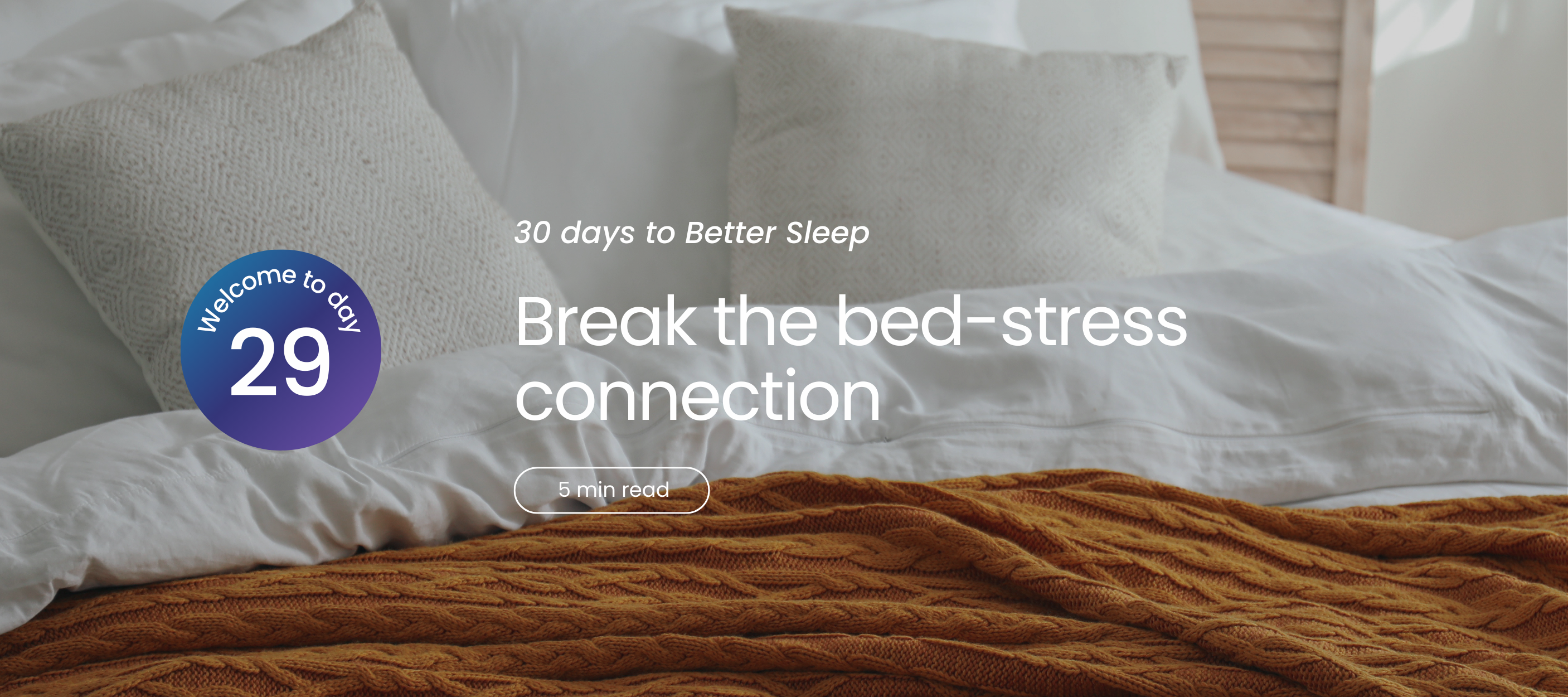
Set a Worry Time: Address concerns during the day, not at bedtime.
Categorize Stressors: Rank and find solutions for each stressor.
Track Behaviors: Log actions affecting stress and sleep.
Combine Strategies: Use problem-solving, behavior tracking, and sleep aids for better sleep.
Stress can often feel overwhelming, especially when it disrupts our sleep. However, by developing awareness and implementing practical problem-solving techniques, we can effectively reduce stress and its impact on our sleep. The key is to recognize stress when it arises, categorize it, and develop solutions for addressing it. By learning to manage stress thoughtfully, you can regain control and create a healthier mindset that promotes restful nights.
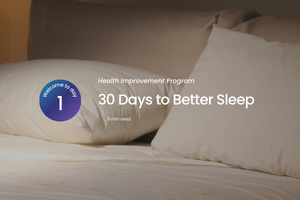
Set a Worry Time: Address concerns during the day, not at bedtime.
Categorize Stressors: Rank and find solutions for each stressor.
Track Behaviors: Log actions affecting stress and sleep.
Combine Strategies: Use problem-solving, behavior tracking, and sleep aids for better sleep.
Stress can often feel overwhelming, especially when it disrupts our sleep. However, by developing awareness and implementing practical problem-solving techniques, we can effectively reduce stress and its impact on our sleep. The key is to recognize stress when it arises, categorize it, and develop solutions for addressing it. By learning to manage stress thoughtfully, you can regain control and create a healthier mindset that promotes restful nights.

Managing stress is about more than just identifying it—it’s about understanding and controlling your response to it. A powerful tool in this process is metacognition, which is the awareness and understanding of your own thoughts. By recognizing the sources of stress and examining your reactions, you can begin to change how you approach them.
Here are some strategies to reduce stress and improve your sleep:
Limit Worry to a Specific Period:Instead of allowing worries to spill over into your nighttime routine, designate a specific time during the day to address them. This helps break the association between your bed and stress, which can keep you from tossing and turning at night. By setting aside a time to focus on your concerns—perhaps in the late afternoon or evening—you train your mind to leave the worries for that specific period.
Worry Outside of Bedtime:Try to establish the habit of leaving any stressful thoughts or anxieties outside the bedroom. If worries come to mind before bed, gently remind yourself that you can address them during your designated worry time. The goal is to prevent the bedroom from becoming a place where your mind races with stressors.
Identify Stressors:Write down your stressors to gain a clearer understanding of what’s bothering you. Once they’re on paper, categorize them by severity and urgency. This helps you distinguish between what can be solved right away and what can be dealt with later. Focusing on solutions to specific problems rather than the overwhelming feeling of stress can help you feel more in control.
Develop Productive Ways of Thinking About Problems:Once you’ve categorized your stressors, brainstorm practical solutions for each one. By doing this, you can transform your stressors into manageable tasks. This problem-solving mindset not only reduces anxiety but also helps you feel more empowered to deal with challenges effectively.
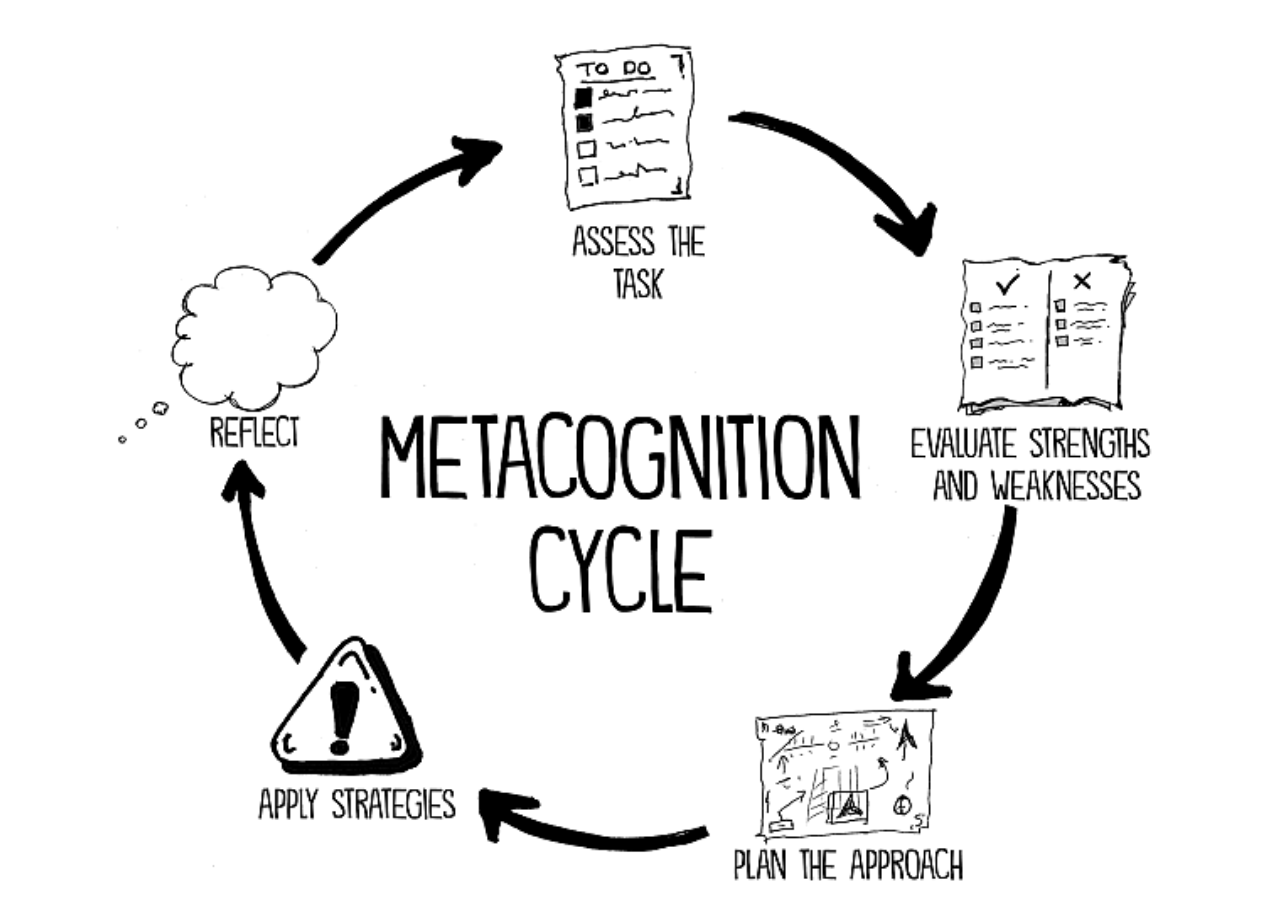
AJ Tutoring. (2023, February 13). Metacognition Demystified. AJ Tutoring. Retrieved December 18, 2024, from https://www.ajtutoring.com/blog/metacognition-demystified/.
Another helpful tool for managing stress is to track and evaluate your behaviors. Keeping a Behavioral Experiment Log can help you recognize patterns in your actions that contribute to stress or sleep disruptions. When logging behaviors, ensure the following:
Well Defined and Measurable: Identify specific behaviors that you can adjust and track.
Tied to an Outcome: Record how each behavior affects your sleep or stress levels.
Repeated and Tracked: Monitor these behaviors several times per week to notice trends.
Example Negative Behavior:
Lying awake in bed in the morning leads to feeling less rested because the body doesn’t get up and move.
Example Positive Behavior:
Winding down an hour before bed with a relaxing red light and reading in a comfortable chair helps me fall asleep faster.
By consistently practicing these techniques and tracking behaviors, you can develop healthier habits that support better stress management and, ultimately, better sleep.
Take a moment today to write down your stressors, rank their significance, and come up with at least one solution for each stressor. Reflect on how these solutions can help you reduce stress and improve your sleep. As you near the end of the sleep improvement program, consider visiting the coach screen and ordering a sleep aid to enhance your results. Once your sleep aid arrives, continue tracking your progress to see how it supports your sleep journey.

Action items
Reflect on a recent stressful situation. How did you react, and how might you reframe your response to it? Try replacing at least one negative thought with a more realistic, balanced thought today, and notice how this impacts your stress levels and sleep.
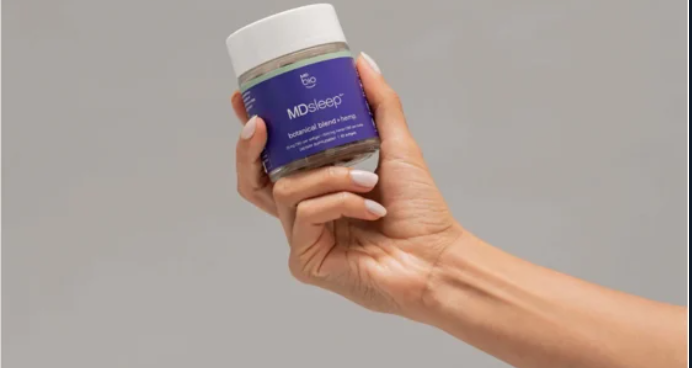
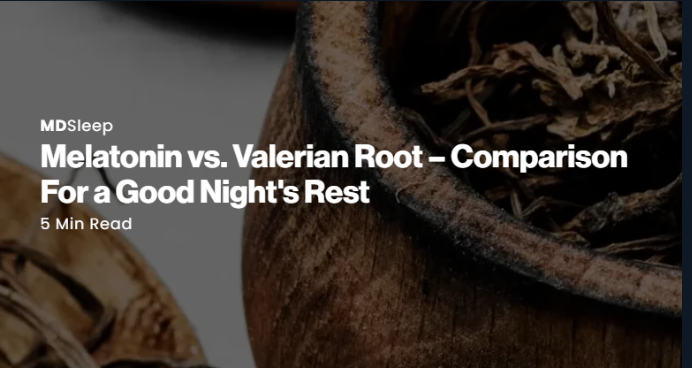
THE DOCTORS BRAND™
America’s leading clinically proven nutraceutical brand for better sleep, less anxiety and less pain
*These statements have not been evaluated by the U.S. Food and Drug Administration. Our product is not intended to cure or treat any disease.
MDbiowellness
Contact us
(805) 977-5709
M-F 9am-5pm PT
hello@MDbiowellness.com
© 2023 MDbiowellness